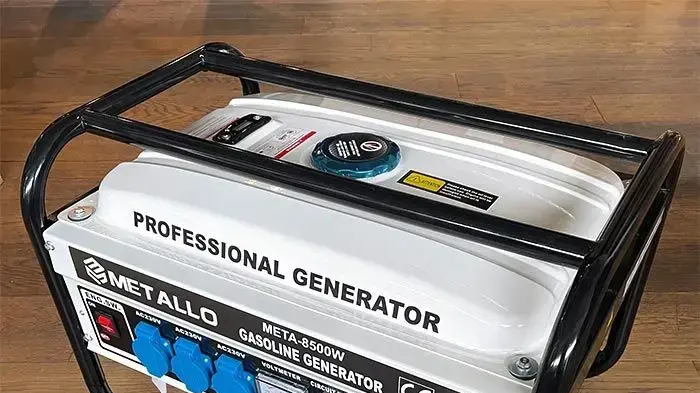As soon as differences in the economic field arise in the EU, these usually appear through the same crack that was already seen in the financial and sovereign debt crisis: on one side, the north;
to the other, the south.
Now they appear in a different field, but with very direct economic implications: energy policy.
The Twenty-seven have already accumulated weeks of blockade in the establishment of a cap on the price of gas in the wholesale market, a movement whose mere announcement allowed a relaxation of the market, but which continues to be mired in the always tedious multilateral negotiations.
This cap is intended to prevent a repeat of the summer situation.
Then, the Dutch TTF market – the one that is taken as a reference for the entire block – reached 350 euros per megawatt hour (MWh), its historical record.
This limit divides the EU into two camps with radically different starting points.
On the one hand, fifteen governments from the south and the periphery of the continent, including Spain —whose profile in the fray has grown over the days, especially after obtaining the approval of the Community Executive for the Iberian exception— They ask for ambition and not an inapplicable solution like the ones that, in their opinion, Brussels has put on the table up to now: 275 euros first;
220 euros later.
On the other side, Germany and the Netherlands are trying to stop a measure that, in their opinion,
The positions have been getting closer in recent days, especially in the last meeting of energy ministers on Tuesday.
So much so that even the leaders of the EU have been encouraged to compromise on an agreement for next Monday.
But there are still differences.
The last proposal put on the table by the rotating presidency of the Council of the EU, in the hands of the Czech Republic, goes through a ceiling of 200 euros plus another 35 of differential with respect to the price of liquefied gas in the rest of the international markets —an added extra that seeks to maintain the attractiveness of Europe compared to the rest, especially Asia— and that would only be activated if these levels are reached for a minimum of three consecutive days.
The reduction on the initial levels is significant.
But it is still "unassumable" for countries like Spain.
Between finance and security of supply
The fears of Berlin and The Hague are especially acute around two big issues: finance and security of supply.
Inheritors of a firm tradition tending to prudence at all levels—from fiscal to monetary, including energy—, the governments of Olaf Scholz and Mark Rutte fear that the ceiling will create a hole in the income statement of their companies energy companies, which last summer were forced to sign gas supply contracts at outrageous prices and whose income statements would now be between a rock (the commitments made then) and the wall (the maximum that the gas cap would set).
That is, they would sell at prices below their costs.
In their crusade against the ceiling, Germany and the Netherlands have an exceptional ally: the European Central Bank (ECB), which last Friday warned of the "risks to the financial stability of the euro zone" that the measure would imply and which advocated for a complete redesign of your proposal.
The European Commission is also in this block: the first proposal presented, with a design that would have prevented its activation even last August, makes its position and that of its technical teams very clear.
For the southern nemesis, however, the greatest financial risk is another: that, without a cap, in the face of a new —and not ruled out— burst of prices, European families and companies will be unable to meet their obligations.
And that this ends up causing a cascade of defaults with dangerous macroeconomic consequences.
Security of supply is the second great workhorse.
As since the beginning of the energy crisis, the north places much more value on supply —which, after the Kremlin's lock, is by no means guaranteed— than on prices.
For the south, on the other hand, with a powerful park of regasification plants built at the expense of public checks —the further from Russia, the more need to look for alternative suppliers by ship—, the most important thing is to stop the escalation of the gas market.
Without that flank covered, inflation control will be little more than a chimera.
Subscribe to continue reading
Read without limits
Keep reading
I'm already a subscriber




/cloudfront-eu-central-1.images.arcpublishing.com/prisa/JNKEYSPVIXFSA66UHYKQUNTSQA.jpg)


/cloudfront-eu-central-1.images.arcpublishing.com/prisa/MN66YGPQPRILE3TOGBKUQ35FWI.jpg)

